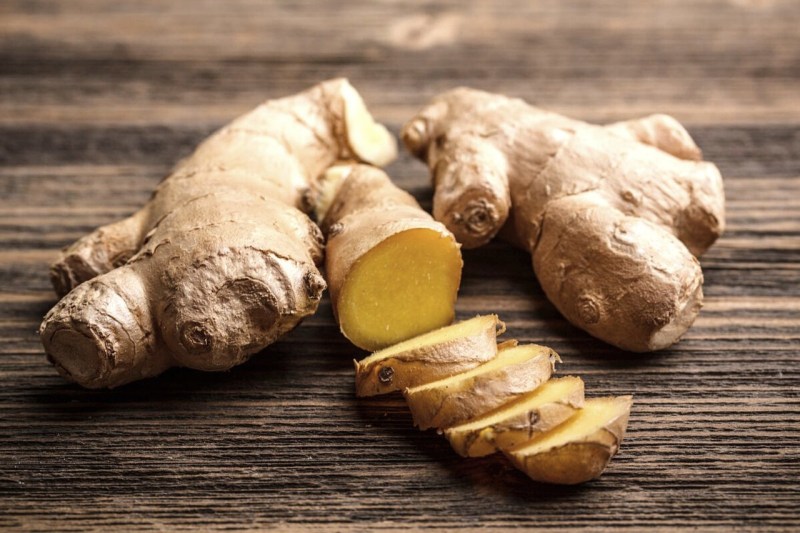
Cooking is a skill that many people learn from their family members, and with these hand-me-down skills usually come some old-fashioned ways of doing things. Like any skill, though, you know more as you go, so by the time you’ve refined your cooking skills, you’ve learned some of the old-fashioned techniques no longer apply.
For example, many old-school cooks will tell you that you need a full, large pot of water to boil noodles. This way-to0-much-water school of thought was the standard for decades, so that’s just what you did — cooking noodles meant waiting for that massive pot of water to boil. Come to find out that you don’t really need all that water after all — noodles cook just fine in about half the water, which means half the amount of time waiting for the water to boil.
The same holds true with peeling ginger. There may have even been times in the past when you asked yourself, “Do I need to peel ginger?” Well, the short answer is no. Read on to find out why.
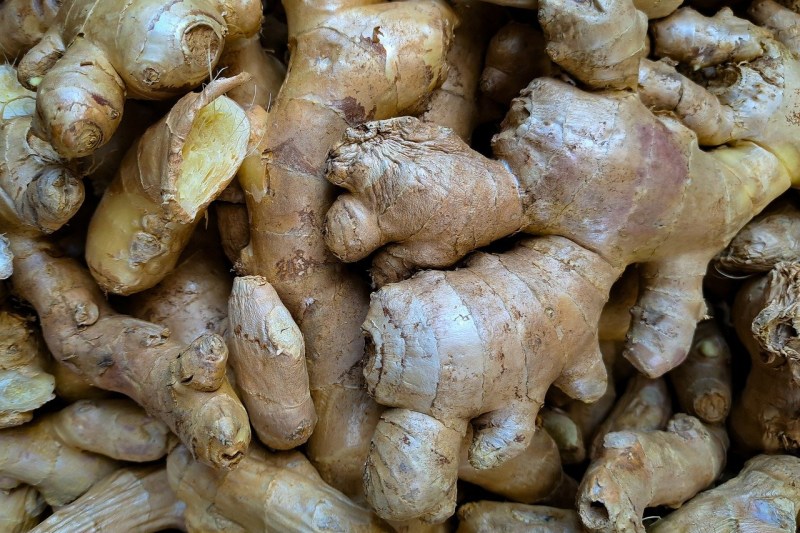
Why are we talking about this?
At first glance, it may seem like the topic of whether you should peel your ginger or not is not that important. What is essential, though, is time and time management. Time is an obstacle in the kitchen, and everyone faces it, which is why most people are interested in a time-saving hack or two.
So, the issue of whether to peel the ginger is one of simplicity and time. You may have Googled “how do you peel ginger” and found hacks for ginger time-saving hacks, such as peeling it with a spoon or storing it in the freezer, making it easier to peel. These hacks may save a little time when peeling ginger, unlike trying to use a regular vegetable peeler — that will get you nowhere fast, and you may even cut yourself. But nearly every recipe that calls for ginger instructs you to peel it. So, you peel it, but do you ever wonder why?
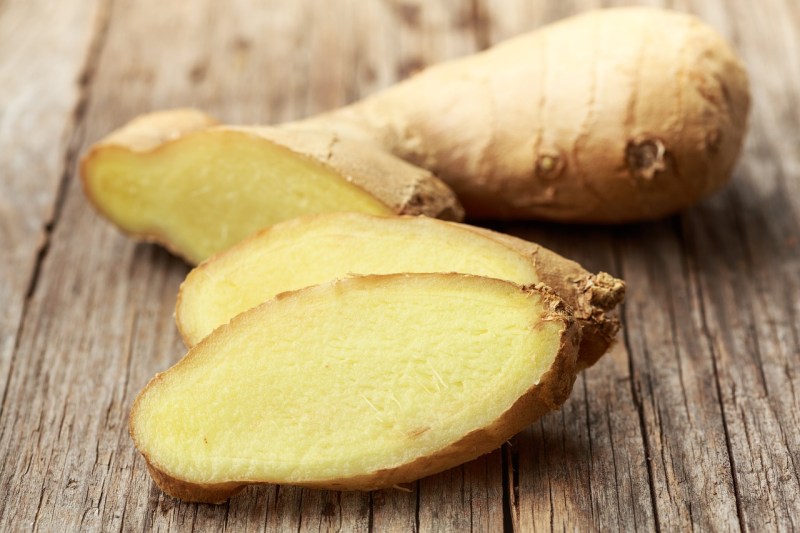
Why you should stop peeling ginger
Somewhere along the lines in kitchens past, someone decided that we should peel fresh ginger. No one knows who started this or why — it’s a mystery. The important thing is that we now know it is unnecessary to peel fresh ginger, and here’s why. First, there is virtually no perceptible flavor difference between peeled and unpeeled ginger. Second, it is impossible to peel ginger in a waste-free yet time-effective way. Taking the time to get around all of the little knobs instead of ripping them off is not an efficient way to spend your time, and ripping them off is wasteful. Lose, lose.
Third, there is no valid evidence out there that says ginger skin is bad for you. In fact, there may be benefits to eating the skin, such as nutrients and vitamins, much like the skins of other vegetables. The bit of evidence that you don’t need to peel ginger is one of a sanitary reason. If you’re worried about the dirt or bacteria on your ginger skin, a rinse and scrub with a clean brush will eliminate all of those concerns.
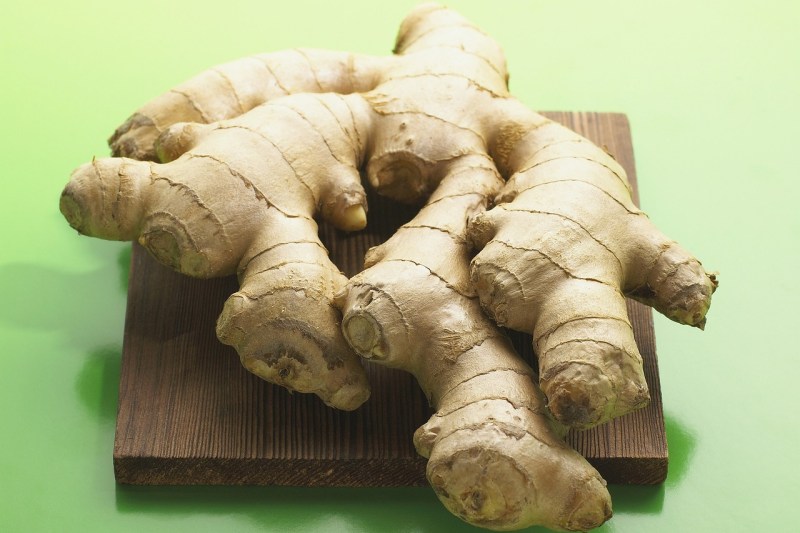
The one exception
There are exceptions to most rules, and the same holds true when it comes to peeling ginger. The main argument for peeling ginger is that the skin is tough and unpleasant to eat. However, there is never a situation in which you will be chewing on ginger that hasn’t already been minced finely. Big pieces of ginger may be used in stock or simple syrup and then removed before serving. No one will be eating the skin in those types of applications, so the skin’s toughness is irrelevant.
Regardless of whether you will be mincing or chunking your fresh ginger, the only time you should worry about peeling it is if it has been living in your vegetable drawer for two months. The skin on ginger that has been around for a while will be wrinkly and sad looking. If you absolutely must use this past-its-prime ginger, peel it before using it so you don’t put tough and fibrous ginger skin in your dish. Older ginger skin may also take on random fridge flavors and taste like old food, so removing it will be your best chance at adding something that tastes like ginger to your meal.
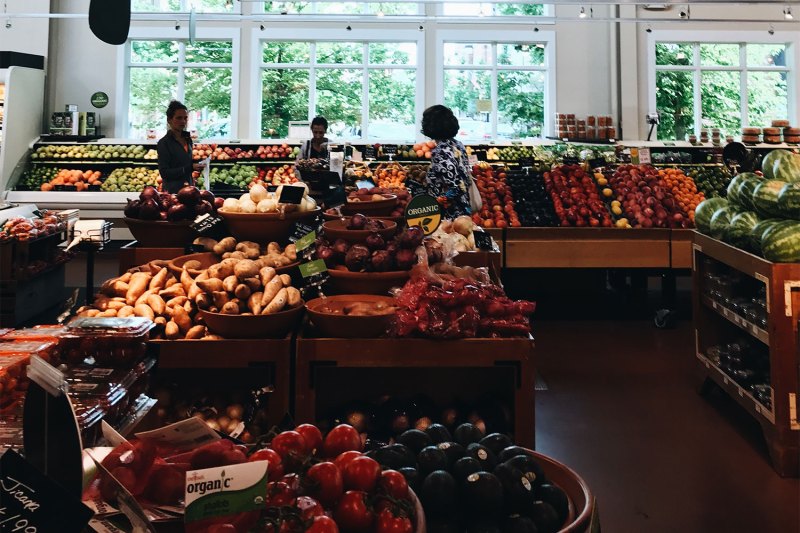
What to look for when buying ginger
If the ginger at your supermarket looks like the forgotten ginger at the bottom of your refrigerator, don’t buy it. It will likely not taste like much and will just waste your time (and money). Look for ginger with fingers, resembling a human hand.
In terms of texture, the best ginger tends to be pretty solid without any wrinkles on the skin. You don’t want the soft stuff and if the skin is too tough, it may indicate that the ginger is old and dried out (and therefore less flavorful). And get as much as you want, as ginger is often sold in the produce section, meaning you can buy by weight and get just the amount you’re after
Still thinking about ginger? We’ve got the health benefits of ginger and — if you’re thirsty — the best ginger ale brands to enjoy, either on their own or in a great cocktail recipe.


